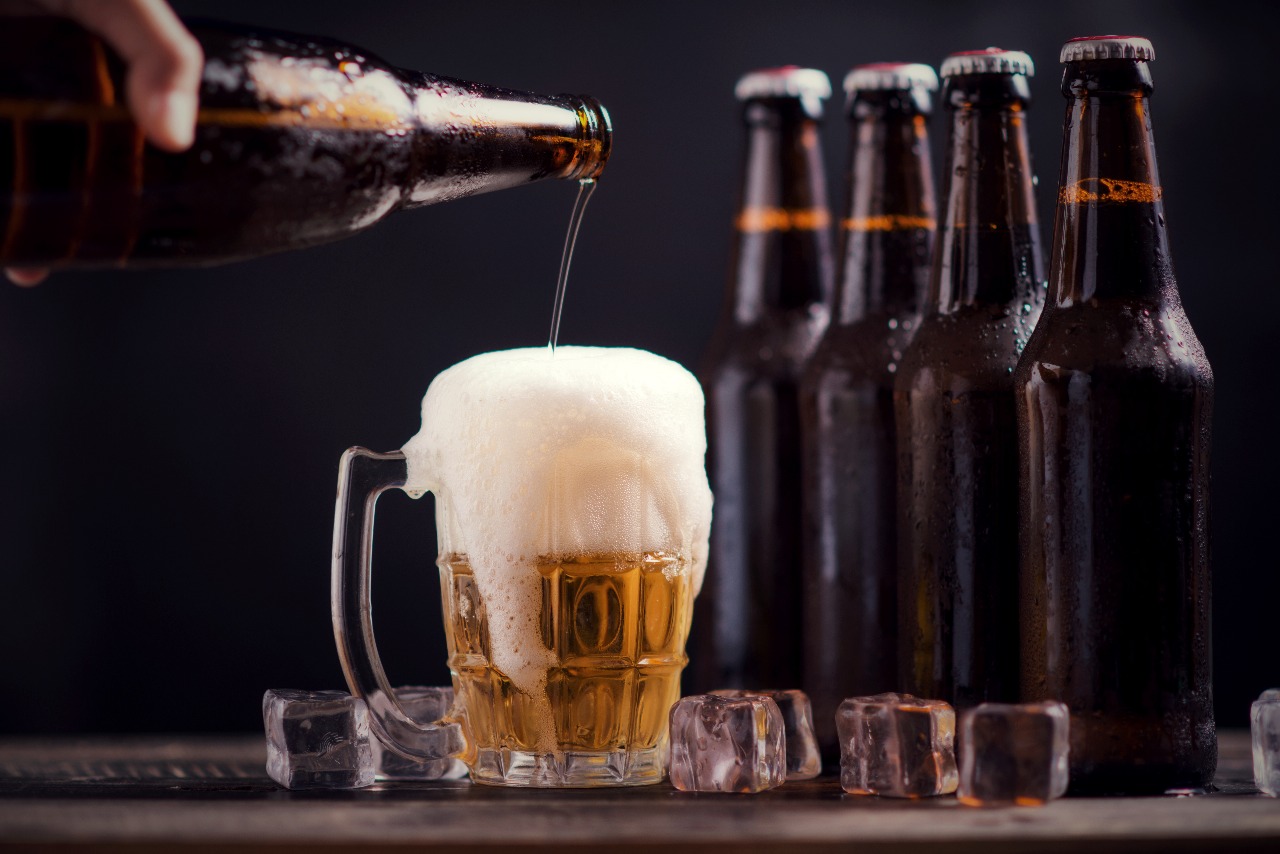The auto ancillary manufacturer, Ring Plus Aqua, a subsidiary of Textile major Raymond, has announced its results for the financial year 2020-21, which have been a mixed bag for the investors, thanks to the ongoing Covid-19 pandemic.
Ring Plus Aqua reported a 25 percent rise in the profit after tax (PAT) to Rs 22.52 crore in the financial year 2020-21, as against a net profit of Rs 17.98 crore in the financial year 2019-20.
Incorporated in 1984, Ring Plus Aqua has its operation base in Nashik and corporate office in Mumbai. It has three manufacturing facilities located in various parts of Maharashtra.The company clocked a revenue of Rs 197.32 crore in the financial year ended on March 31, 2021, which was a little more than 5 percent lower than the revenue of Rs 208.23 crore generated in the year ended on March 31, 2020.
The Company is engaged in the business of manufacturing and exporting Ring Gears, Flexplates, Water Pump Bearings, machined components, both for the auto and non-auto sector.
Its operating profit increased about 12.65 percent between the two fiscal. It reported a profit before tax (PBT) of Rs 28.58 crore in the fiscal year 2021, which was Rs 25.37 crore in the fiscal year 2020.
It is a key supplier of components in its product category and these products are going to remain key and a top priority going forward as well. The company has started pilot supplies of new products and increased its product portfolio.
However, the company's total expenses declined about 5.5 percent during the period under review. It incurred total expenses of Rs 175.12 crore in the FY2021 as against expenses of Rs 185.37 crore in the FY2020.
The diluted earnings per share (EPS) of the company jumped about 25 percent to 28.62 in FY21, compared to 22.88 in FY20.
Ring Plus Aqua has a strong parentage Volkswagen, General Motors, Hyundai, Volvo, Tata Motors, Hona, Ford Motors, Maruti Suzuki, Fiat, BMW, Mazda, and Lombardini in the passenger vehicle segment.
In the commercial vehicle segment, it has Mahindra and Mahindra, Volvo, Cummins, Either Motors, Navistar, and Ashok Leyland in its arsenal, whereas JCB, Escorts, CNH, John Deere, and Sonalika joins in the tractor segment.
Key Take-aways:
1. The Gross Revenue of the Company for the financial year 2020-21 stood at Rs 203.69 crore (which was Rs 210.74 crore in the previous year). During the year under review, your Company made a profit before tax of Rs 28.58 crore (which was Rs 25.37 crore in the previous year).
2. The company board has not made any material change and commitment of the company, affecting the financial performance of the company during the financial year. However, the company has mentioned the impact of the Covid-19 pandemic separately.
3. The company has a strong order book backed by domestic and export markets. The company already started ramping up its resources and gearing up to meet this demand.
4. The second wave of infections of the Covid-19 pandemic brought in some severe challenges for the company. The covid-19 pandemic affected the timely availability of the resources and supply chain of the company, which ultimately impacted the productions.
5. It implemented all the guidelines announced by the authorities and necessary precautions to safeguard the interest of the employees. Despite this, the company was able to garner robust sales in the last quarter of the financial year.
6. Certain restrictions and lockdown in major states of the country are likely to impact the financial performance of the country in the June 2021 quarter. However, it expects a swift recovery in the demand once the restrictions are lifted. It is confident over its significant geographic and widespread customer base.
7. In the wake of Coronavirus, the company board has decided not to announce any dividend for the financial year 2020-21. Despite the challenging business circumstances, the company has not transferred any amount to the reserves of the company.
8. Covid-19 has impacted the top line of the company along with the normal life in India and across the world. The effect on discretionary expenditure has led to a sharp fall in demand for passenger and commercial vehicles.
9. The company is expecting a strong rise in pent-up demand after the lockdown and a strong economic revival in the global economy. It expected a good monsoon to aid the agricultural demand in the second quarter.
10. The company focussed on operational excellence, relentless cost reduction measures, lean manufacturing practices, and improvised supply chain management with tight control on working capital. These measures supported in mitigating the impact on the margins and cash flows and helped in delivering a higher margin of performance.




